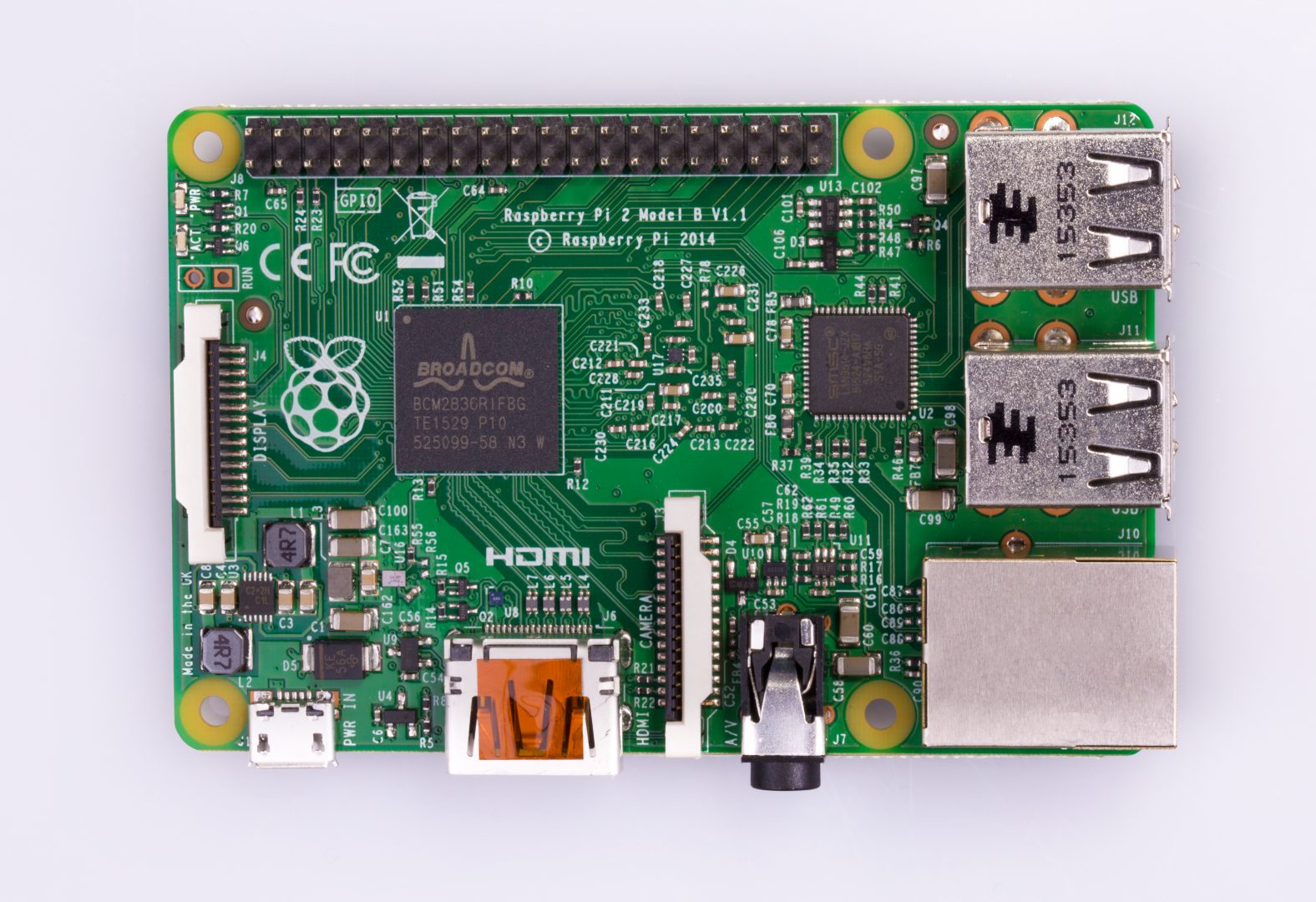


However, it's a safe bet that as a Reg reader, you have at least some familiarity with Unix and Linux. Unfortunately, BeOS was pretty obscure, and so is Haiku. And because it's FOSS, these days it has a good selection of FOSS apps so it's more use than BeOS was, even in its prime. The Haiku team recreated it, from scratch, but working from the original documentation – and using the original desktop, if pretty much nothing else. Haiku is the open source reimplementation of BeOS. BeOS was proprietary code, which got bought by a Japanese company and disappeared (but before Be went under, the company released the BeOS desktop, "Tracker", as FOSS). So as much as I loved it, I didn't actually use it for much because there weren't many apps, and those that existed were commercial and cost money. However, it had a few issues: it was an alternative OS from a small company, and as such, it had little in the way of third-party support. BeOS was clean, elegant, and breathtakingly fast. Scrolling in the WebPositive browser flickers quite severely, but it works – even for complex web apps such as Gmail.īy way of a disclaimer, we probably should say that, back in the 1990s, this vulture adored BeOS (other all-time favorites were Acorn's RISC OS, and Psion's EPOC and EPOC32).
#Reactos raspberry pi update#
It took a few goes to connect to Wi-Fi, but once it did, it was quick and easy to update it. Just for reference, this article was written on Haiku itself, on the bare metal of an old ThinkPad W500, using a Markdown editor called Ghostwriter.Įven on this old Core 2 Duo laptop, with 8GB of RAM and a rotating hard disk, Haiku installed without a hitch, and it ran smoothly and quickly. Some apps just wouldn't launch, though, complaining about missing APIs. In testing, we didn't experience a single crash, and we installed quite a few apps from HaikuDepot, which is Haiku's equivalent to the "Software Store" in many Linux distros. It's still a beta so don't expect perfect stability. The 64-bit version is built with GCC 11 and ran flawlessly on an old BIOS-based ThinkPad and in VirtualBox.

At some point, though, the x86-32 version will probably go away. If the Haiku developers move to a newer GCC, that will break backwards compatibility. The x86-32 edition is still built with an ancient version of GCC, because it remains binary-compatible with the final x86-32 versions of BeOS. There are both 32-bit and 64-bit versions. This version is built with GCC, but which version of GCC depends on which edition of Haiku you choose. Beta 4 of Haiku is shaping up nicely, with good Wi-Fi support and more apps than ever


 0 kommentar(er)
0 kommentar(er)
